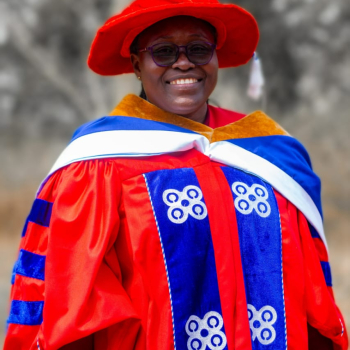Music Making and Ban on Drumming Among the Winneba People of Ghana

| +233 (0)244525556 | |
| augusta.arkomensah5@gmail.com |
Music Making and Ban on Drumming Among the Winneba People of Ghana
The paper reports an ethnographic study of music making and ban on drumming among the Winneba people of Ghana. Despite the volume of research on the use of music for several occasions in the African community, much attention has not been given to the observance of complete silence as part of the life of some African Societies. This paper discusses the place of ban on drumming in a community where music making permeates the lives of the people. It sought to document how the period of silence is negotiated in the contemporary society. Through purposive sampling and snowballing, traditional leaders and priests, members of historical missionary churches, and those of the Pentecostal/Charismatic orientation were interviewed and their activities within the period of the ban observed. Observance of the ban was, however, not uniform among the Christians. While the mission churches have a policy of accommodating local tradition and to observe the ban by reducing the intensity of music making during the period, the Pentecostal/Charismatic churches, however, insist on not observing the ban, because of its association with traditional deities. The paper reveals that though music forms an important part of the life of the Winneba people in Ghana just as most African communities, ban on drumming is not only a belief that had purely been held as a traditional custom from ancestors, it also conveys the principle of silence, which is beneficial to humans in many respects.
Keywords: Effutu, ban on drumming, Winneba, social stability
